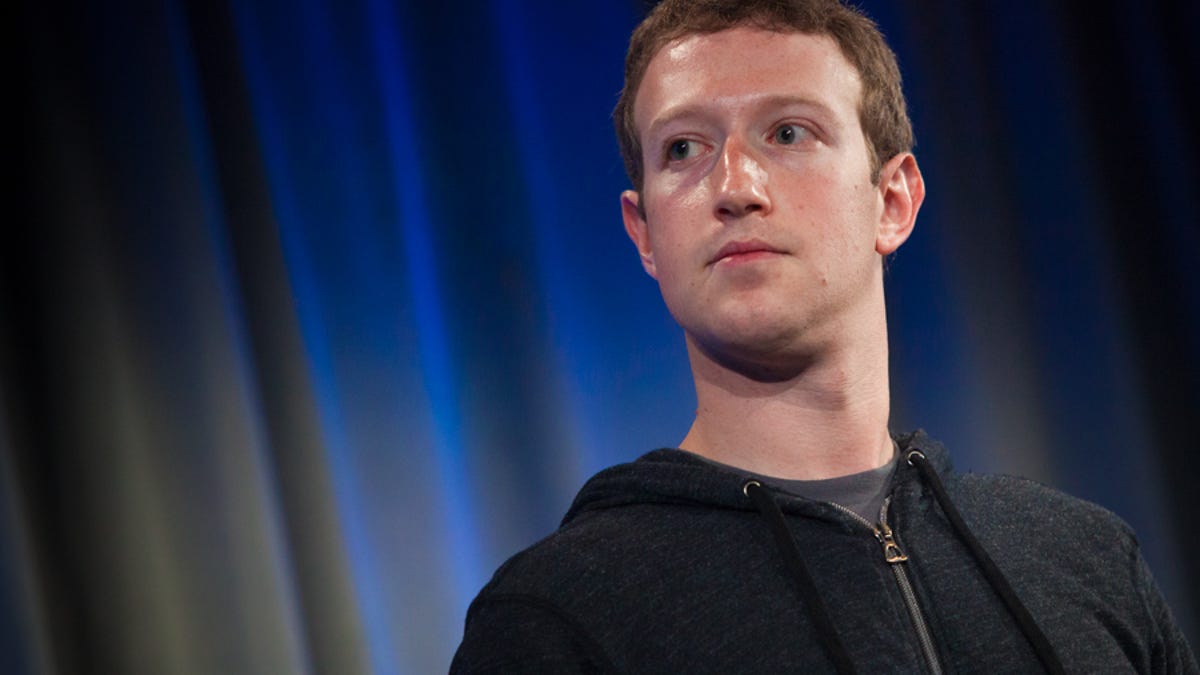Facebook CEO repeats PRISM denial: We push back to protect the privacy of users
The social network's chief insists that Facebook doesn't go out of its way to help the government collect user information. Quite the opposite, actually, he says.

Facebook Chief Executive Mark Zuckerberg reiterated Tuesday that the social network does not work directly with the National Security Agency or any other government agency to provide direct access to its servers.
"We don't work directly with the NSA or any other program in order to proactively give any user information to anyone," Zuckerberg told shareholders at the company's annual stockholder meeting. "No one has ever approached us to do anything like that, like what was reported...No agency has any direct access to our servers."
Zuckerberg was responding to recent reports about the social network's participation in a controversial government spy program involving a system called PRISM. Initially, The Guardian and The Washington Post reported that Facebook and eight other Internet titans provide the NSA with backdoor access to servers to collect information on targets of investigations.
Each of the named tech companies, including Facebook, has denied providing the NSA with "direct access" to servers, and most claim absolute ignorance of PRISM. The New York Times later reported that Facebook and others were working with the NSA only to facilitate faster data transfer when fielding Foreign Intelligence Surveillance Act (FISA) requests.
Tuesday, Zuckerberg attempted to assuage concerns and distrust by telling shareholders that Facebook shares only "the minimum amount of information that we need to comply with the law."
"None of these agencies have any kind of direct access where they can plug into our servers and get information," he said. "We push back to protect the security and privacy of all of our users' information."
It remains to be seen whether the Facebook chief's reassurances will alter the perception of some people that the social network is somehow helping facilitate an Orwellian surveillance state. A Pew report published Tuesday, however, suggests that the general population may be more ambivalent about government surveillance than one might think. A majority of people surveyed by Pew, 56 percent, indicated that they think tracking phone records is an "acceptable way" to investigate terrorists.

